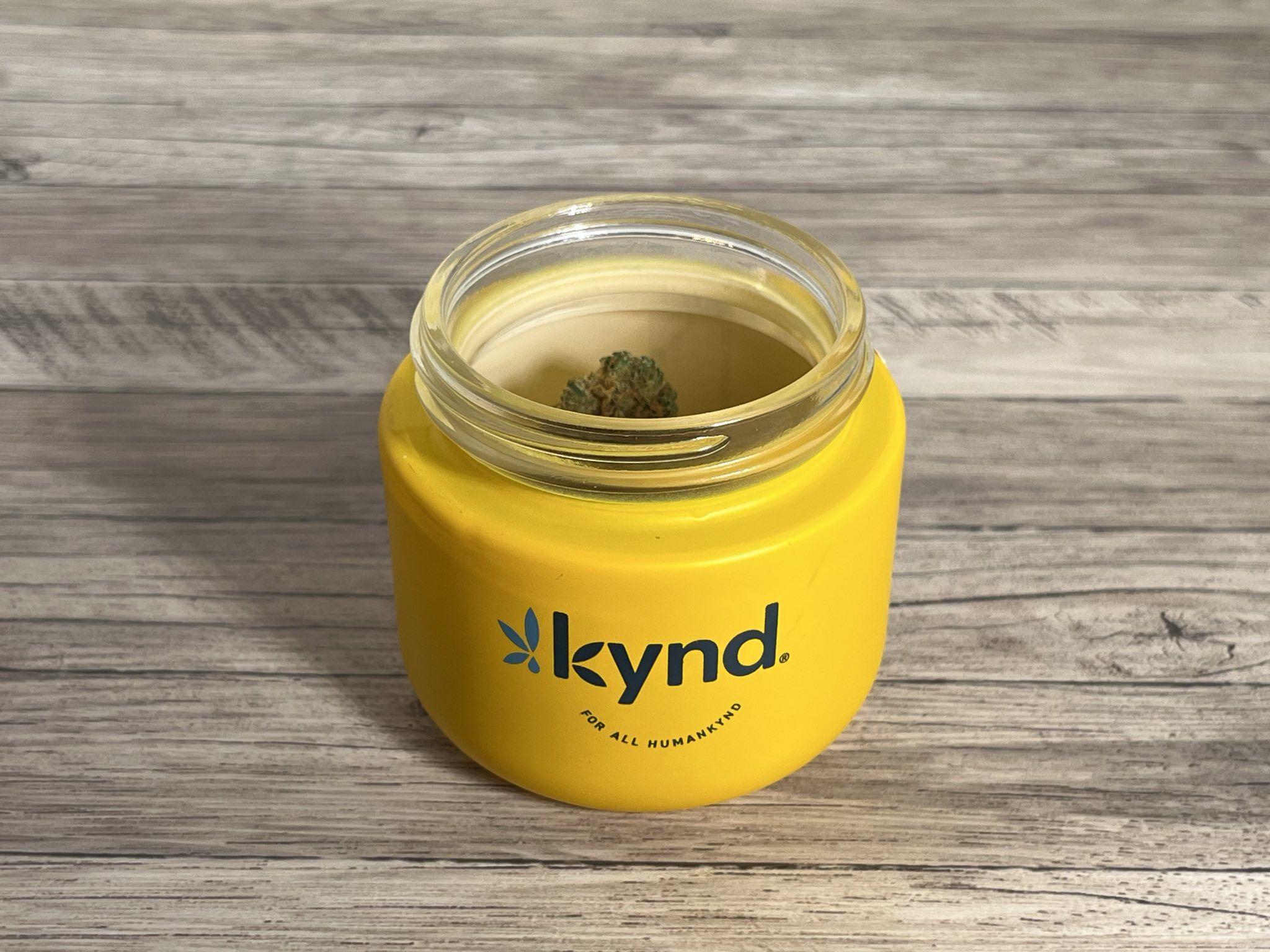Medical marijuana is gaining attention as an effective treatment for chronic pain and mental health symptoms. With many patients seeking alternatives to traditional prescription drugs, medical marijuana offers a promising option that may improve quality of life while reducing reliance on pharmaceuticals. Studies increasingly support the use of medical marijuana in managing chronic pain, mental health issues, and associated prescription drug reduction, showcasing its therapeutic potential.
Medical Marijuana for Chronic Pain Relief
One of the most significant uses of medical marijuana is in the treatment of chronic pain. Patients with conditions such as arthritis, fibromyalgia, and back pain often experience debilitating symptoms that standard medications can’t fully alleviate. According to a 2020 study published in The Journal of Pain, patients using medical marijuana reported a significant reduction in chronic pain symptoms. The study also found that many patients using medical marijuana could reduce their use of opioids and other prescription painkillers, which carry risks of addiction and side effects.
Another 2019 study from Harvard Medical School found that nearly 80% of patients surveyed experienced moderate to substantial pain relief from medical marijuana use. This relief was associated with improved quality of life, allowing many to return to daily activities they previously couldn’t manage.
Mental Health Benefits
Medical marijuana has also been noted for its positive effects on mental health. Many patients suffering from conditions such as PTSD, anxiety, and depression report symptom relief with cannabis use. In particular, CBD (cannabidiol), a non-psychoactive component of marijuana, has shown potential for reducing anxiety and improving mood.
A 2021 study published in Frontiers in Psychology observed that PTSD patients who used medical marijuana had fewer nightmares and reduced symptoms of anxiety and depression. This effect is attributed to cannabis’s influence on the endocannabinoid system, which helps regulate mood, stress, and emotional processing.
Reduction in Prescription Drug Use
The use of medical marijuana can also decrease reliance on prescription medications. For many patients, traditional drugs for chronic pain and mental health symptoms—such as opioids, antidepressants, and anti-anxiety medications—come with unwanted side effects and risk of dependence. A 2022 study from the University of Michigan found that patients with access to medical marijuana reduced their opioid use by 64%.
The study noted that more than 60% of participants significantly reduced or stopped using benzodiazepines and antidepressants after starting medical cannabis treatment. This trend supports the growing belief that medical marijuana could serve as a safer, effective alternative to conventional medications.
Final Thoughts
Medical marijuana offers hope to chronic pain and mental health sufferers looking to manage their symptoms without the risks of prescription drugs. With evidence-backed studies showing its effectiveness in pain relief, mental health improvement, and reduction of prescription drug use, medical marijuana stands out as a valuable option in modern healthcare. As more research is conducted, the potential for cannabis as an integrative solution to chronic health issues continues to grow.
Sources:
- The Journal of Pain, “Medical Marijuana Use Reduces Chronic Pain Symptoms,” 2020.
- Harvard Medical School, “Benefits of Medical Marijuana in Pain Management,” 2019.
- Frontiers in Psychology, “Impact of Cannabis on PTSD Symptoms,” 2021.
- University of Michigan, “Medical Marijuana and Reduction in Prescription Drug Use,” 2022.
“`


